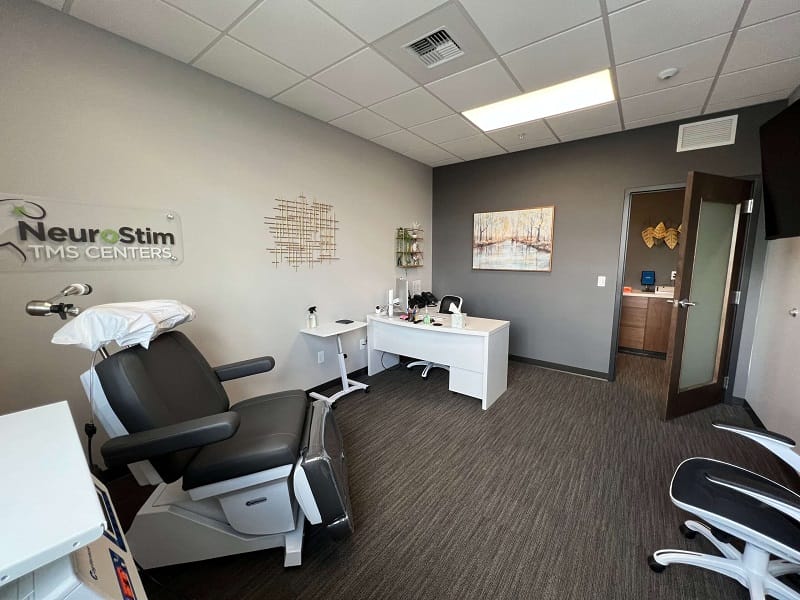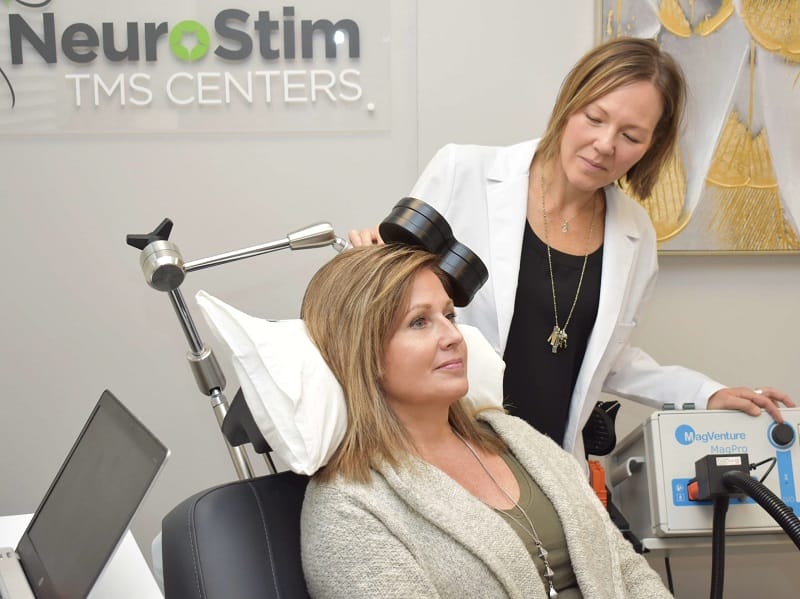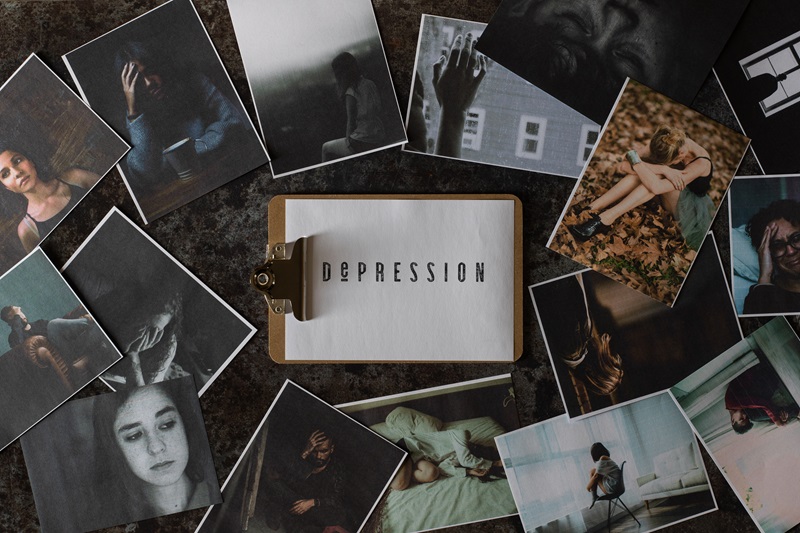Blog
How to Handle Social Anxiety This Summer
Struggling with social anxiety this summer? Discover five practical tips to ease…
Roadmap to Back-to-School Mental Health
Ease the stress of back-to-school season with expert-backed tips on supporting…
Self-Care Practices That Actually Help
Discover real self-care practices that actually help. Learn practical, affordable ways…

Breaking the Silence on Infertility and Depression
While not always openly discussed, infertility affects millions of people worldwide. The...

Long-Term Antidepressant Use and 8 Potential Risks
According to the CDC, nearly 13% of people 12 years or older reported taking...

TMS: Reversing Depression’s Abnormal Flow of Brain Signals
Major depressive disorder (MDD) is one of the most common mental health issues,...

A Guide to TMS Coils for Major Depression Disorder Treatment
Starting your transcranial magnetic stimulation (TMS) treatment journey is a significant...

Exploring Depression Treatment Without Medication
Whether you’re experiencing a short bout of situational depression after you’ve moved...

Just The Facts: What You Need To Know About Depression
Depression is a mood disorder and mental health problem that the World Health...

Rekindling Your Fire: Tackling Depression And Men’s Sexual Health
Depression is a complex mood disorder that impacts every aspect of your life—including...

Is Your Anxiety Or Depression Affecting Your Workplace?
According to the World Health Organization (WHO), 15% of adults live with a mental...

5 Tips For Balancing Mental Health And Entrepreneurship
As an entrepreneur, you face many challenges that other industries don’t encounter....
